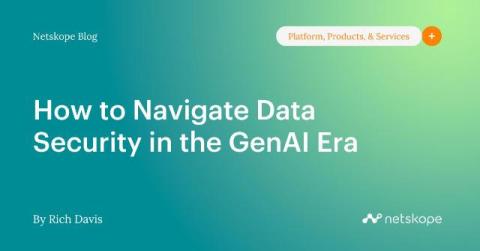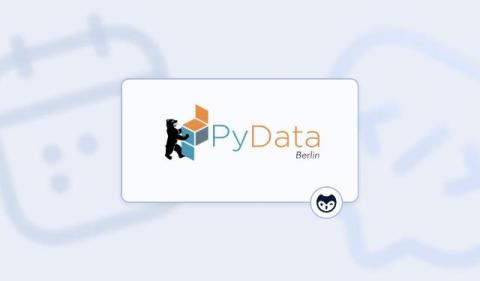Featured Post
Why regulation is the cornerstone of AI development
By now, we're very familiar with the game-changing potential of AI. The rapid rise of ChatGPT has shown us just how quickly the technology has gone from concept to the palm of our hands. AI has the ability to dramatically accelerate workflows, and subsequently free up businesses to focus on strengthening their security and build customer trust. Why then is the UK's security industry so short on confidence when it comes to using it? One reason: a lack of regulation.











